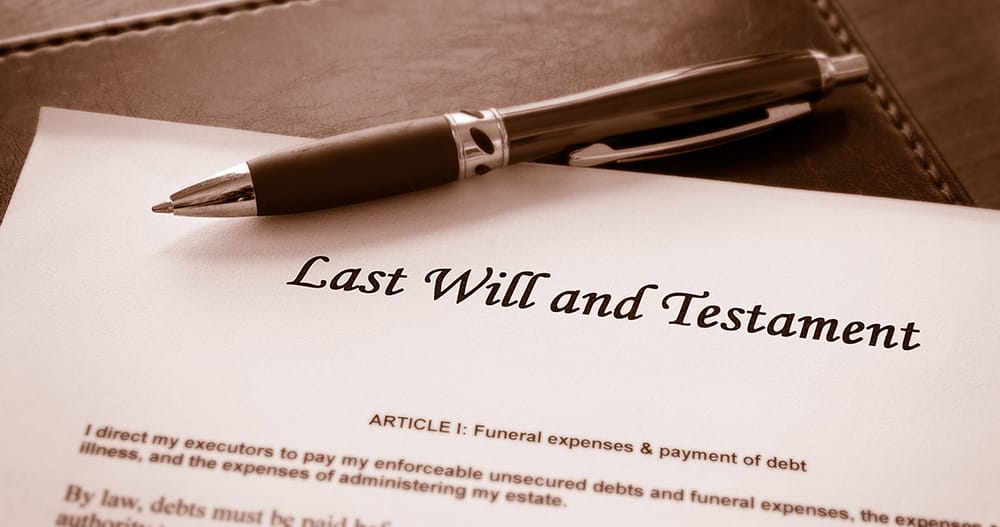In Ontario and the rest of Canada, many people believe that there is no estate tax to be paid upon their death. The truth is that there is a tax with a different name applicable to the estates of Canadians. The deemed disposition tax is similar to estate tax, and it applies to gains on a person’s assets which are triggered after his or her death.
With careful planning, there are ways in which this tax can be minimized. Any capital gains on the sale of a deceased person’s assets will form part of his or her final tax return that must be filed for the year in which the death occurred. That income tax return must also include all income from January 1 of that year until the date of death, including retirement accounts, income from real estate investments, stocks and bonds and proceeds from life insurance.
Probate and provincial taxes also apply. Along with the deemed disposition tax, at current income tax rates, these can turn into a sizeable amount. Fortunately, tax on assets that are transferred to a surviving spouse will be deferred, even if those assets are in a trust and are an income source to the spouse. However, the tax will apply as soon as the assets are sold by the spouse. If they are not sold but passed on to children or other beneficiaries, 50 percent of any capital gains will be taxed at the personal income tax rate.
In planning their estates, Ontario residents typically benefit from the guidance and support of an experienced estate planning lawyer. The lawyer can assess the circumstances and suggest the most appropriate trusts and/or other tools available for effective planning. With skilled assistance, a client can take comfort in knowing that his or her assets will go to the intended beneficiaries at the appropriate time.









